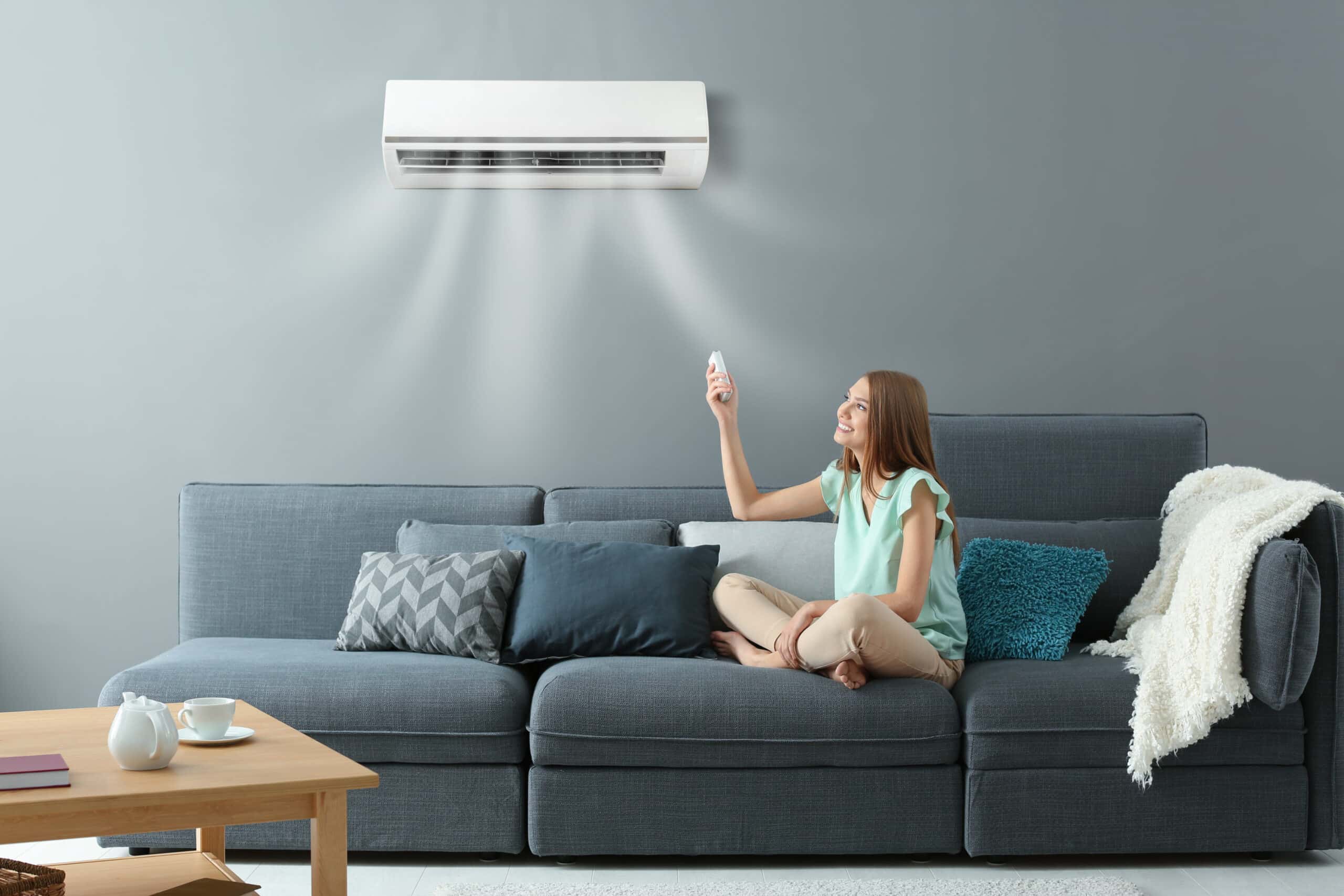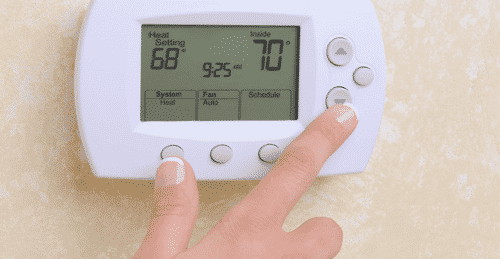How To Determine Which Air Conditioning Unit Is Right For Your Home.
Most homes in America today come with an air conditioner. This unit keeps the home at a comfortable temperature on hot days. When the time comes to replace this unit, homeowners find they have choices. Do they want central air, or would a mini-split unit better meet their needs?
Each style comes with benefits and drawbacks. Homeowners need this information to make the right decision for their residence. Although both a mini-split unit and a central air conditioner cool the interior of the home, the installation methods differ. Furthermore, the setup and delivery of the cooled air are unique to each style.
Ducted central air conditioners have served as the gold standard for many years now for cooling an entire home. Ductless mini-split systems, in contrast, are typically reserved for those areas in a home that lack the ductwork needed for forced air cooling. What are the benefits and drawbacks of each option? Accurate Electric Plumbing Heating & Air shares the following information with clients to help them choose between these two options.
Mini-Split Air Conditioning Unit Benefits
Mini-split air conditioning units serve as some of the most efficient units in the HVAC industry today. They rely on inverter technology to turn high-voltage electricity into DC voltage. As a result, they require little energy to operate. SEER ratings for these units often reach over 30 when cooling the home, and they remain just as efficient when they are heating a residence.
These devices use variable-speed compressors. They run when needed. Central air conditioning units, on the other hand, typically come with one or two speeds, meaning they must turn on and off frequently.
With a mini-split system, the owner controls the temperature in each room rather than heating or cooling the entire residence. Family members find they are more comfortable, as they choose the temperature of the room they are in.
Mini-split systems don’t rely on ductwork to move cooled air throughout the home. Slab homes often lack ductwork. Retrofitting the home for the ductwork significantly increases the cost of the installation. Selecting a mini-duct system keeps costs under control.
Homeowners may pair central air with a mini-split system for those portions of the home that lack ductwork. Garages serve as a good example of rooms that don’t have ductwork installed. The homeowner can heat and cool this area easily with the help of a mini-split system.
Mini-Split Air Conditioner Drawbacks
Homeowners must recognize mini-split systems aren’t ideal in all situations. Central air conditioning units only have one indoor unit typically hidden in a basement, garage, closet, or attic. This isn’t the case with mini-split systems. Each room comes with its own unit. The cost of a mini-split system remains higher than replacing an existing central air conditioner with ductwork in place.
Furthermore, mini-split units lag in terms of indoor air quality. They cannot filter the air as effectively as central air conditioning units do. The central air unit filters the air before circulating it throughout the home. This isn’t the case with a mini-split system.
Central Air Conditioning Benefits
Most homes today come with the ductwork needed to run a central air conditioner. The indoor unit isn’t visible in the home, in most cases. Homeowners appreciate being able to hide the unit from the view of guests, which isn’t an option with a mini-split system.
Individuals cool the entire house using a single thermostat. They don’t have to move from room to room, adjusting the thermostat in each zone to ensure rooms are at the desired temperature.
Central air conditioning units come with a built-in filtration system to remove harmful particles from the air. Air moving through this system goes through a centrally located air handler and the filter contained within. This improves the air quality within the home, which is of importance today to homeowners. The Environmental Protection Agency reports the air within homes today is dirtier than the air outdoors. The filter helps to clean the air before the home’s occupants breathe it in.
For homes with existing ductwork, installing a central AC system costs less than moving to a mini-split system. The mini-split system requires individual units in each room, which increases the cost at the time of purchase.
The Drawbacks Of Central Air
People often pay more for energy when they choose a central air conditioner, as they heat and cool the entire home rather than parts of the residence. When the system is operating, it cools every room rather than only those rooms in use. However, replacing an older central air conditioner with a newer model helps to bring energy costs down thanks to advances in technology that have made newer units more efficient.
Homeowners need to maintain the ductwork in the home when they choose central air conditioning. The owner must also periodically clean the ducts. Speak with your HVAC contractor to learn about proper ductwork maintenance and how often the ductwork needs to be serviced by a professional. Routine maintenance helps to extend the lifespan of the system while keeping costs down by ensuring the ductwork remains free of obstructions that can interfere with proper airflow.
Most homeowners today choose a central air conditioner that is on or off, as this type of system best fits their budget. Although property owners may choose two-speed systems and variable-speed systems, the cost remains out of reach of most people. As a result, people find they must cool the entire home rather than individual zones. Nevertheless, most families use all rooms in their home, so a conventional system that is on or off meets their needs.
Consider both options when the time comes to replace your existing air conditioner or install a unit in a home being built. Certain individuals find central air conditioning is ideal for their needs. However, other people learn that a mini-split system works better for their home. Speak to our HVAC contractor if you need help in making this decision, as we want you to be satisfied with your air conditioning installation when the project is done. We go out of our way to ensure this is the case.
Accurate Electric Plumbing Heating & Air In Your Home
Jeff Seale founded Accurate Electric Plumbing Heating & Air after seeing other companies in the industry put their needs above the needs of the customer. We believe our customers deserve electrical service that is professional and dependable. Our team remains dedicated to providing reliable, clean, courteous, and accurate service.





